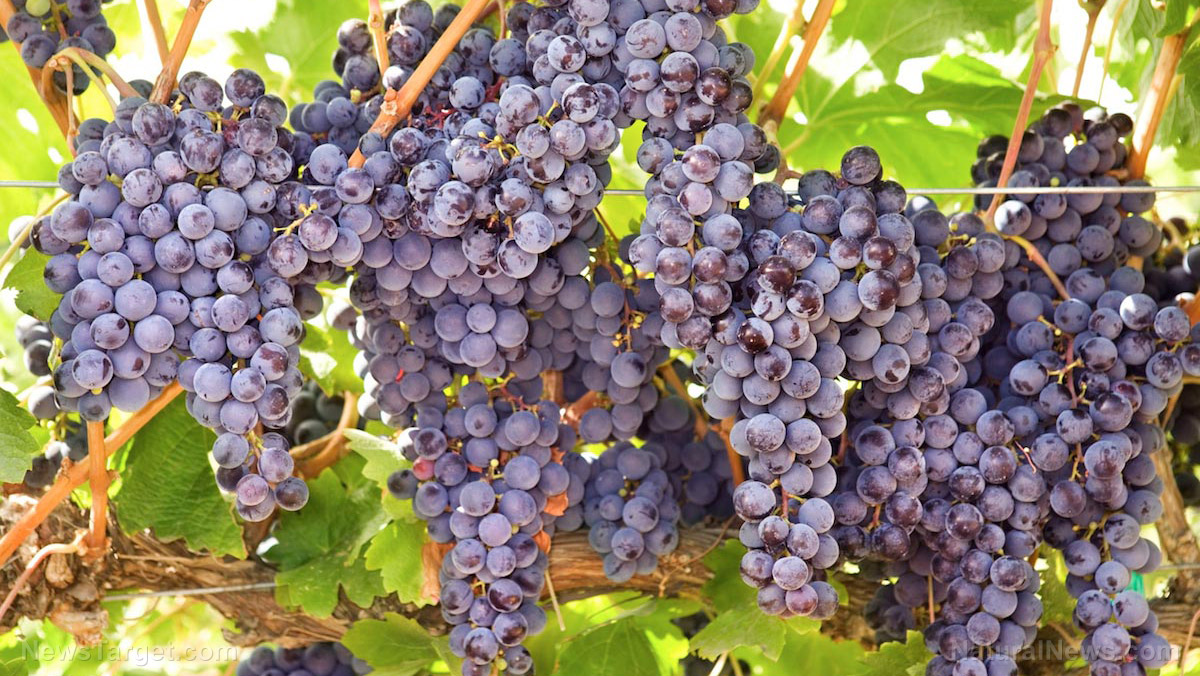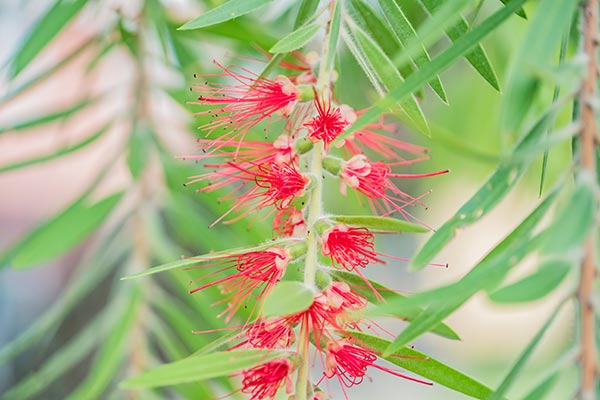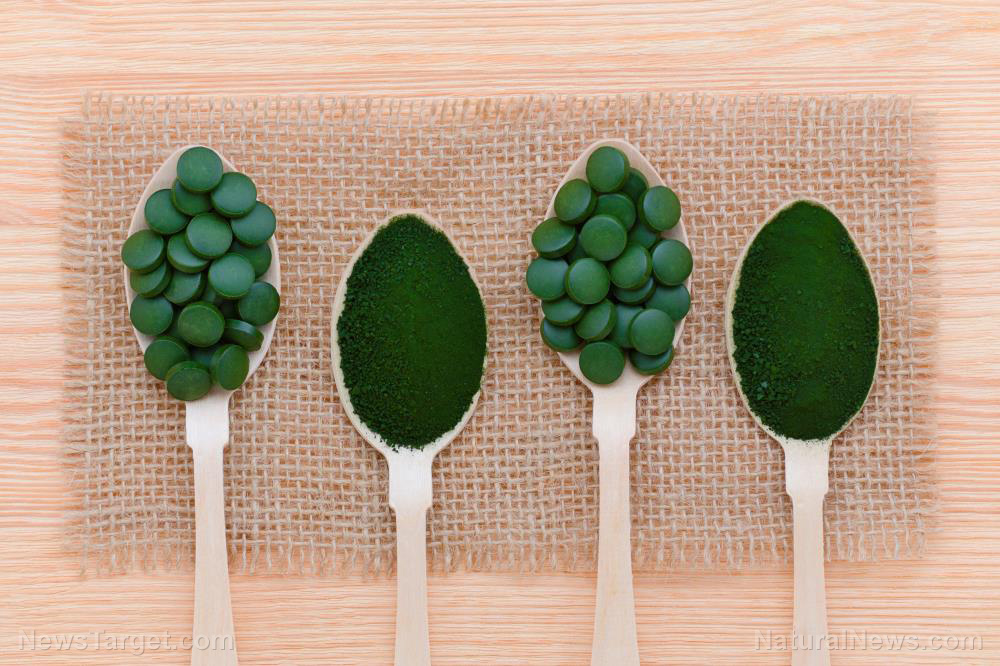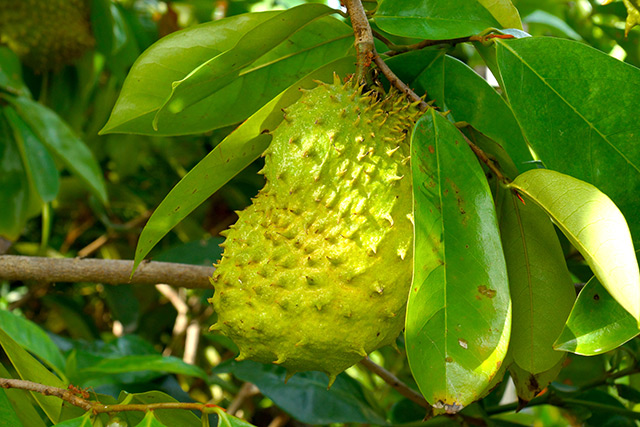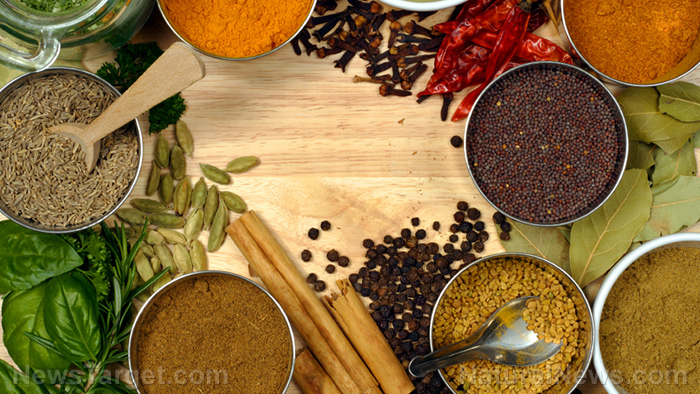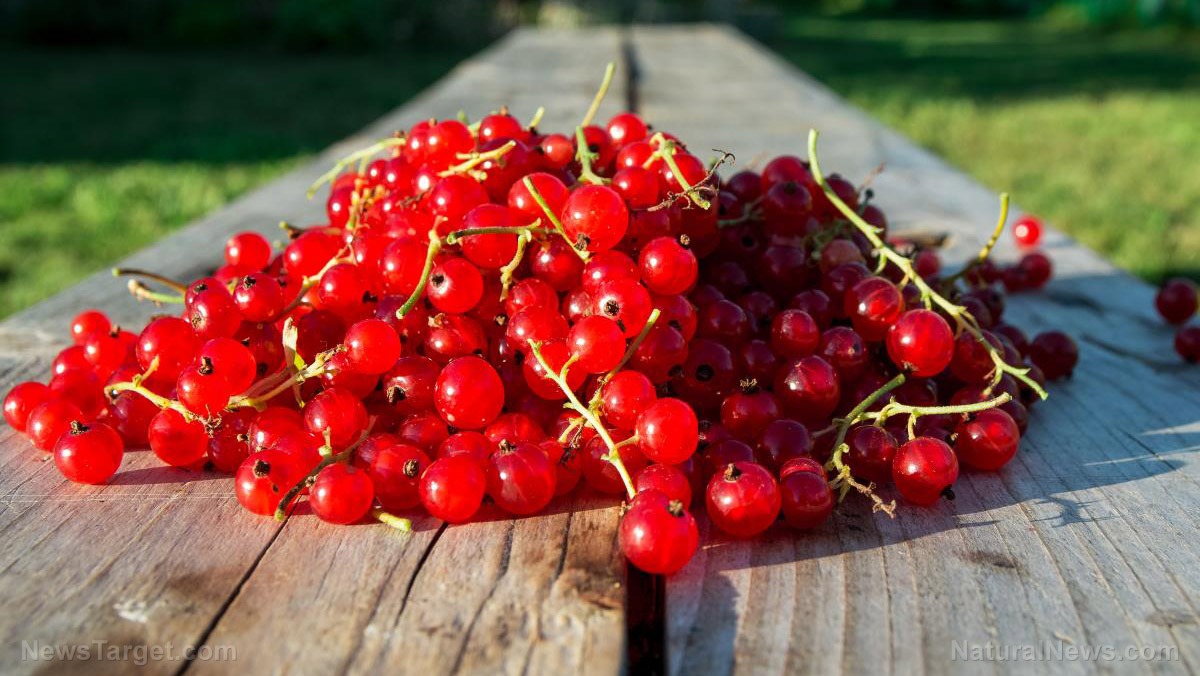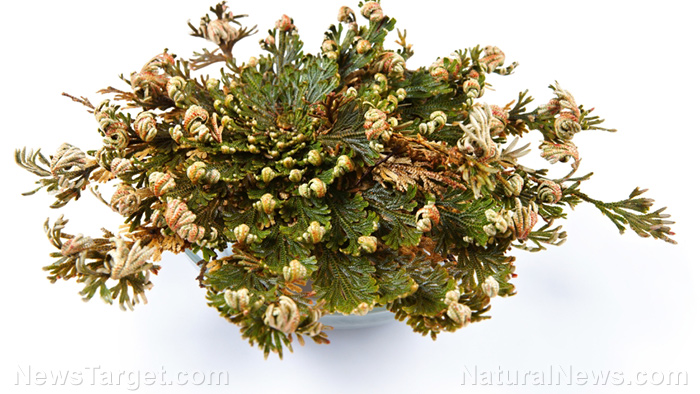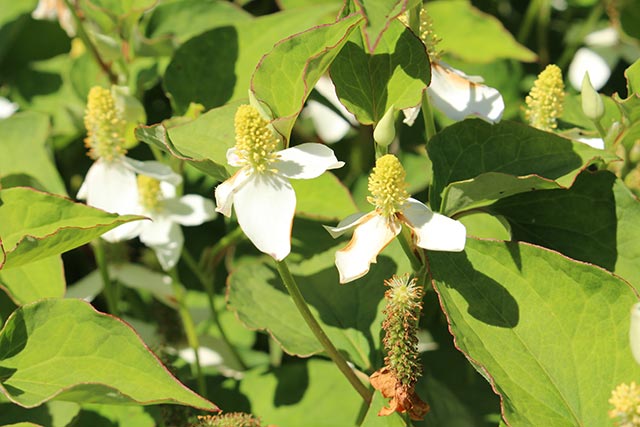Discovering the anti-obesity potential of quercetin
12/10/2019 / By Arsenio Toledo

Studies have come out in support of how quercetin, a bioactive flavonoid, can protect the body against certain obesity-related health issues in several ways. With around two out of three adults and one out six children and adolescents in America being considered obese, it may be time to look further into other compounds and nutrients that have obesity-fighting properties.
Quercetin is commonly found in apples, onions, tea, wine and other fruits and vegetables that has been associated with several other health benefits, such as helping to reduce inflammation, allergy symptoms and blood pressure. It has also been associated with preventing infections and neurological diseases, as well as reducing cancer and heart disease risks.
The anti-obesity properties of quercetin
Research done on quercetin has shown that it can protect the body against obesity-related health concerns due to its ability to reduce inflammation. Quercetin does this by shrinking fat cells, lowering cholesterol levels and reducing body weight. All three of these component abilities help control inflammation in the body. In fact, quercetin has been found to reduce obesity-related inflammation in the hypothalamus.
Furthermore, quercetin has been shown to work in several other ways against obesity, such as promoting a healthy gut microbiome. Obesity causes an imbalance in the microorganisms living in the intestinal tract. This can cause many health issues from diabetes to heart disease. Consuming quercetin can also help restore the balance the gut microbiome desperately needs. This leads to the elimination of inflammatory responses to the imbalance.
Quercetin also has the ability to convert white fat tissue into brown fat tissue. While white fat is able to provide the body with energy, in people who are obese it can act as a source of inflammation. Brown fat, on the other hand, converts fat stores into heat. The more brown fat your body has, the stronger your protection is against obesity. With quercetin, more of your white fat stores can be converted into brown fat.
Quercetin’s other health benefits
Quercetin is a health-promoting plant pigment that can be beneficial to your health in many other ways.
For example, quercetin can lower your risk of developing a chronic brain disorder. Research published in the journal Oxidative Medicine and Cellular Longevity has suggested that the antioxidant properties in quercetin may help protect against Alzheimer’s disease, dementia and possibly other similar degenerative brain disorders.
A review of 11 different studies involving quercetin, published in the journal Medicine & Science in Sports & Exercise, has found that quercetin “provides a statistically significant benefit in human endurance exercise capacity.” This means that supplementing with quercetin may improve performance during endurance-based exercises.
Even more studies have come out in support of quercetin’s possible anticancer properties, such as how it – and other kinds of bioactive flavonoids – can help prevent cancers. A 2015 study by Oncology Reports has also found that quercetin can suppress the growth of prostate cancer cells in lab mice. (Related: Quercetin, a flavonoid found in many foods, has anti-aging and anti-cancer properties.)
Several studies, such as one published in Phyotherapy Research, have even indicated that quercetin supplementation may aid in controlling blood sugar levels.
The bottom line is that consuming more quercetin-rich foods can be beneficial for your health, especially if you’re experiencing the disastrous side effects of obesity. Note that quercetin alone can’t reverse obesity – you also need a sensible weight management plan. So, if you’re doing the right amount of exercise and following a healthy diet, supplementing with quercetin can significantly help you achieve better health.
Sources include:
Tagged Under: disease treatments, fightobesity, fitness, flavonoid, flavonoids, nutrition, quercetin, slender, supplements, weight loss
RECENT NEWS & ARTICLES
COPYRIGHT © 2017 PHYTONUTRIENTS NEWS


